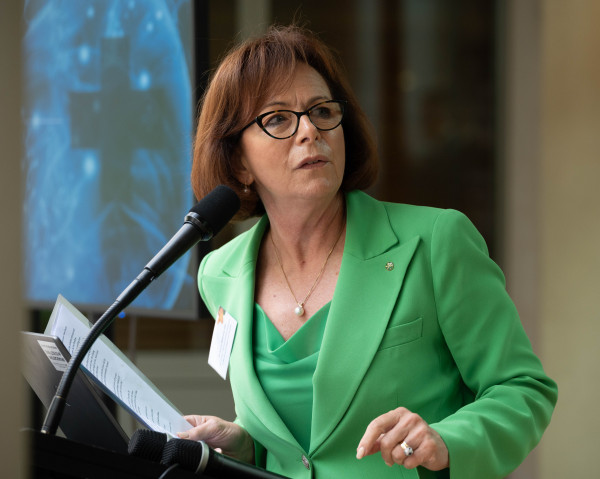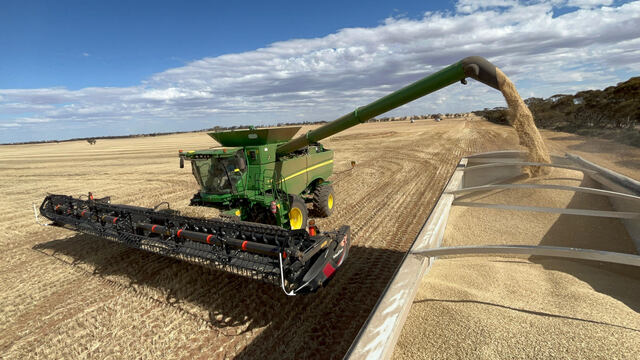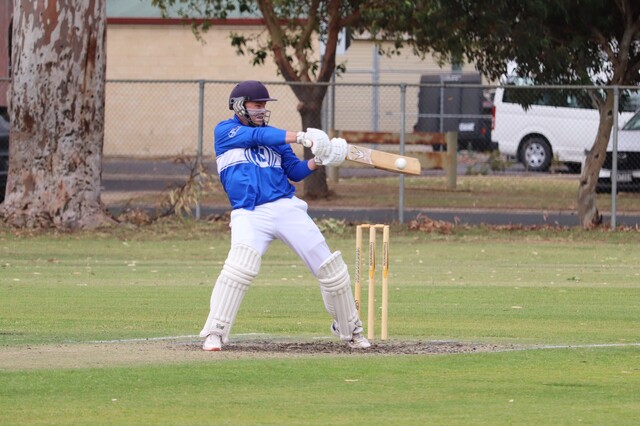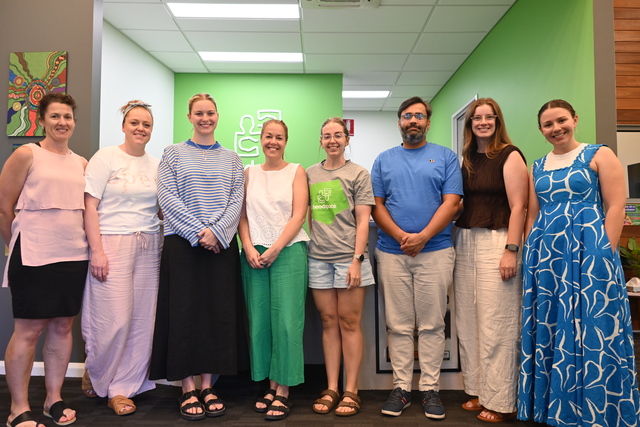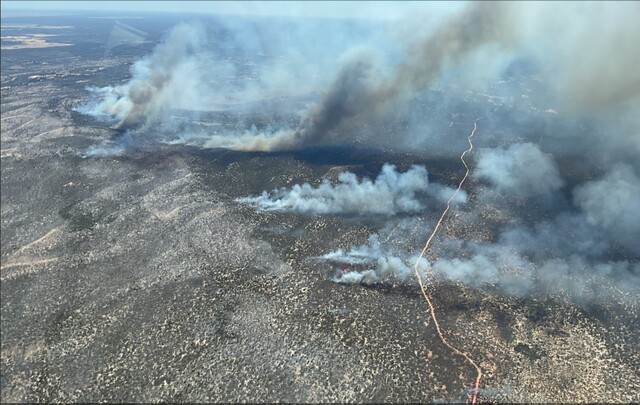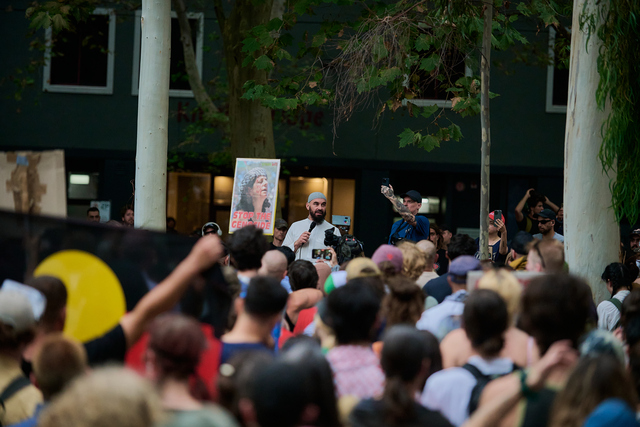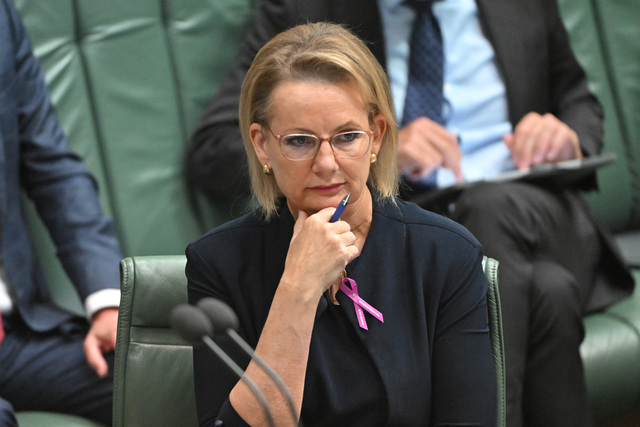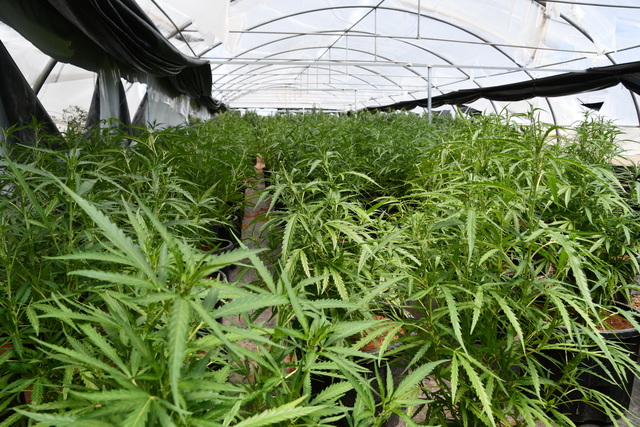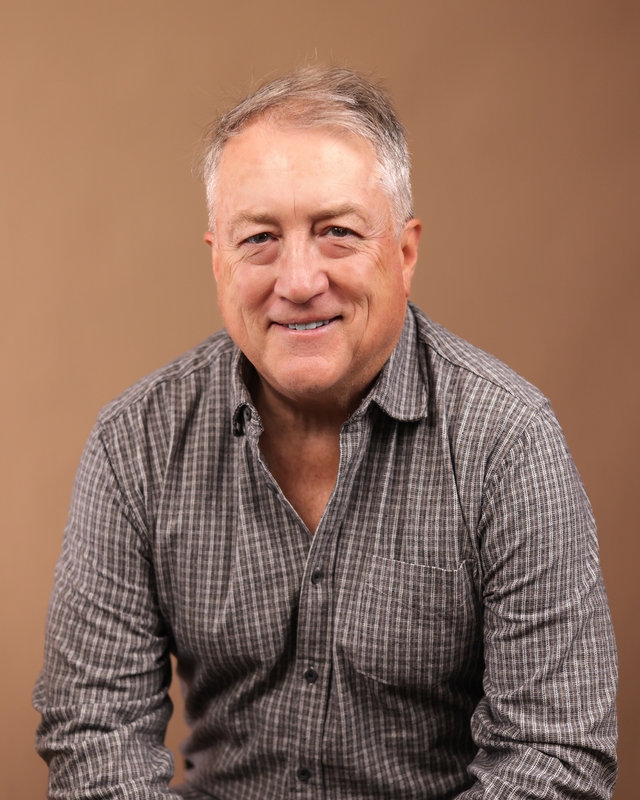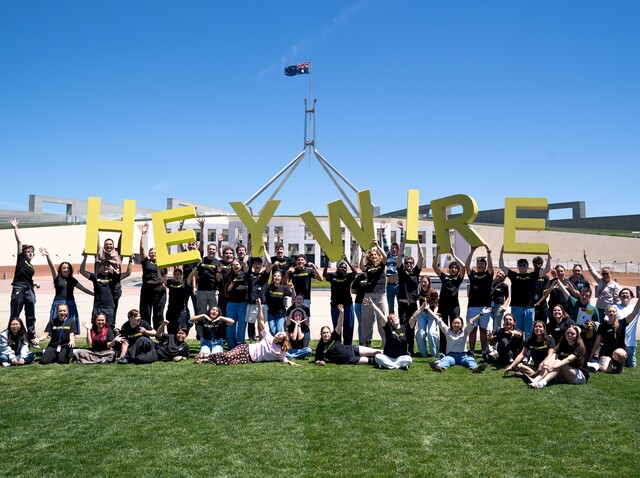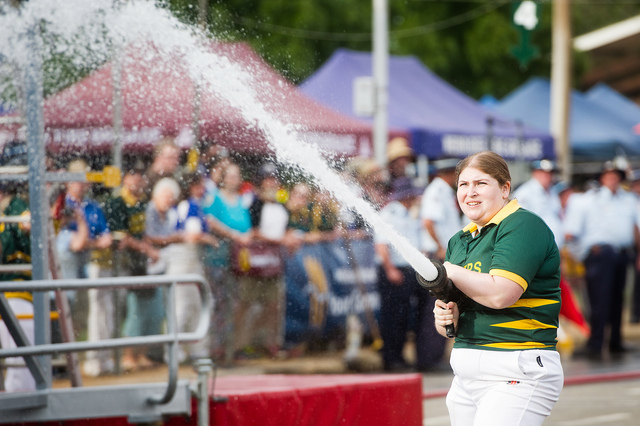BULK billing is “collapsing” under Labor, according to Member for Mallee Anne Webster.
Dr Webster said the federal Labor government had promised to “strengthen” Medicare, but claimed they had “weakened” it.
However, federal Health Minister Mark Butler said when Labor came to government, bulk billing visits were in “freefall”.
“That’s why it was such a centrepiece of our Budget last year to triple the incentive – the money that a doctor gets if they bulk-bill – particularly pensioners, concession card holders and children under the age of 16,” he told Channel Seven’s Sunrise program.
“And so our first job was to stop that slide … I think we’ve done that over the course of last year.”
Dr Webster said it had never been harder or more expensive to see a doctor than under the Albanese government, as “the data continues to point to a primary care system at crisis point”.
She said only 66.12 per cent of Mallee patients were bulk-billed.
“Last year, 1.2 million Australians avoided seeing a doctor due to the cost, forcing unwell Australians to choose between putting food on the table or visiting their GP,” Dr Webster said.
Reports indicated Australians had lost access to more than 400 dedicated bulk-billing GP clinics during the past 12 months.
Fewer than one in four Australian GP clinics offer bulk billing to all adults in 2024, down more than 11 per cent during the past year.
“Affordable healthcare is more important than ever during this cost-of-living crisis, but it has never been harder or more expensive to see a doctor,” Dr Webster said.
She said a “weakened primary care system will place additional pressure on already over-burdened hospitals”.
Mr Butler said over the past two months, as money started to reach GPs, there was an increase in free visits.
“An extra 360,000 over just two months,” he said.
“But really pleasingly, in some of those markets that had real problems with bulk-billing .. regional Victoria up 5 per cent, the central coast of New South Wales that had really low bulk billing rates – that’s up almost 5 per cent.
“So there is a lot more for us to do, but this is a really good start to build on.”

